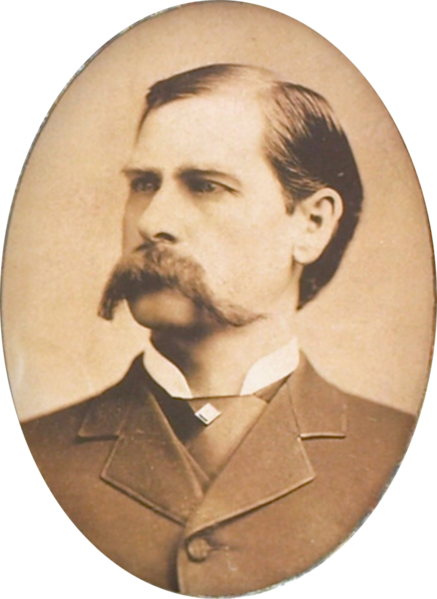DECEMBER 11, 2021 – As part of yesterday’s distraction from The Cough [cough, sputter, cough], I watched the 1994 film, Wyatt Earp, starring Mr. West Man, Kevin Costner. I didn’t catch all of the three-hour movie, despite the production having won an Oscar for Best Cinematography.
Nevertheless, I drew perspective from a chapter of America’s Wild West—or more broadly, the “of the history of America.” I learned that our history really is all about . . . guns. I was amused by the frequent appearance of a sign stating the sheriff’s order: “Leave your gun at the edge of town.” In some cases “the law” was obeyed; mostly it wasn’t. (In one scene, the local gun control sign was shown riddled with bullet holes of defiance.)
What I found especially interesting was that none of the gunsters (pretty much everyone) invoked the Second Amendment, but of course, we’re talkin’ a 1994 film about once upon a time. (The viewer is left to think that maybe the Second Amendment wasn’t “a thing” until far more recently.)
The movie comes down to three things.
First, might makes right. Whether you’re the chased or the chaser doesn’t matter. What counts is firepower, accurately delivered. Aim the right gun in the right direction, and if you’re first to fire, you’re gonna win. Wyatt Earp’s dad—a lawyer—got this right and imparted the advice clearly to his offspring.
Second, in the West, the law had to catch up to the gun. Pinning on the badge and deploying the slow-grinding mechanisms of Anglo-American jurisprudence didn’t equal “law and order.” The gunslinging horse thieves and ambushing train robbers had free rein of the range, and until the law galloped faster than lawlessness, the latter would prevail. That cultural imprint remains very much with us today. It explains the difference between Canada and the U.S.: whereas in America, “law” followed settlement, in Canada the sequence was the opposite, such that the framework of civilization—legal structure—preceded men with wild tendencies.
Third, it’s all in a name. Wyatt Earp became buddies with “Doc” Holliday, a combination dentist-gambler-gunslinger. Given his training and professional certificate, I get the “Doc” part, but “Holliday”? You can’t make that up unless you’re talkin’ crazy, which is exactly what you’re talkin’ when you’re describing the history of the Wild West. From Wyatt’s side of the saloon table (where the once booze-binging “lawman” eventually indulges exclusively in coffee), we hear the annoyed hero say to “Doc” (who insists on addressing the lead, “Wyatt Earp”), “You can call me ‘Wyatt’ or you can call me ‘Earp,’ but don’t call me ‘Wyatt Earp.’”
Then there’s “Bat” Masterson. As a comic book-reading kid I’d wondered how Wyatt’s sidekick had acquired the name “Bat.” From the movie you learn that “Bat” was short for the Biblical name, “Bartholomew.” (Hmmm. Was South Boston in his background?)
At the movie’s midpoint, I fell asleep—despite my cough. As an American, I’ve become inured to gun violence.
(Remember to subscribe to this blog and receive notifications of new posts by email.)
© 2021 by Eric Nilsson
